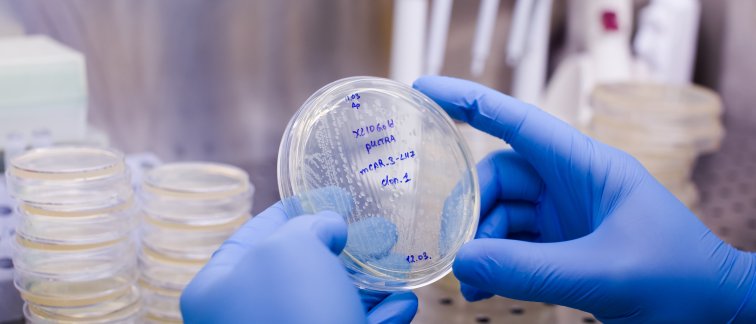A groundbreaking shift in cancer immunotherapy may be on the horizon. While CAR-T cell therapy has proven remarkably effective in treating certain blood cancers, its complex and costly manufacturing process has limited widespread use. Now, a new approach developed by researchers at the University of Pennsylvania and Capstan Therapeutics could simplify treatment, by training the immune system inside the body. Dutch hematologist and Amsterdam institute for Immunology and Infectious diseases member Prof. Marie José Kersten weighs in on the promise, challenges, and potential impact of this living therapy’s next evolution.
CAR-T Cell Therapy: powerful but costly
CAR-T cell therapy, already in use about 250 times per year in the Netherlands, has shown promise against B-cell lymphoma and acute lymphoblastic leukemia. It works by genetically reprogramming a patient’s T cells to recognize and attack cancer cells. Prof. Marie José Kersten explains: ‘T cells are collected from the patient and genetically modified in the lab using a harmless virus carrying DNA instructions. This enables the cells to produce a protein, like a grabber, that targets cancer cells.’
Millions of these reprogrammed cells are then returned to the patient, where they multiply and act as a living drug. However, the process is time-consuming and expensive, costing around €450,000 per patient, with lab-grown cell batches alone priced at €356,000.
New technique: faster, cheaper, and as effective?
Now, researchers from the University of Pennsylvania and Capstan Therapeutics report a simplification in Science. Instead of removing and modifying T cells in the lab, they developed a way to reprogram them inside the body.
The method involves injecting tiny fat droplets (lipid nanoparticles) containing mRNA. These droplets, equipped with a targeting mechanism, seek out T cells and deliver the genetic instructions directly. The T cells then grow a special "arm" that allows them to recognize and destroy B cells, which play a central role in diseases like B-cell lymphoma and certain autoimmune conditions. In trials on mice and macaques, the results were impressive: within just three hours, the animals’ B cells had been almost completely wiped out.
Practical challenges
‘With this method you create a full immune system reset,’ says Prof. Kersten. However, because B cells are essential for immunity, patients would need to be kept in isolation until healthy B cells naturally regenerate, typically after a few months.
Currently, Prof. Kersten is talking to Capstan to participate in upcoming human trials. A preliminary clinical study in the U.S. is already underway. ‘It will still take a few years before we can apply this in Dutch patients,’ she notes.
Despite the potentially lower production costs, Prof. Kersten doubts the treatment will become drastically cheaper. Prof. Kersten: ‘In practice, companies will likely price it just slightly below current costs. Plus, the treatment itself remains expensive due to the need for isolation and extended care.’
Source: This article is based on two previously published articles: “Veelbelovende truc verlost
proefdieren binnen paar uur van lupus- of lymfklierkankercellen” by Maarten Keulemans in de Volkskrant, and “CAR-T cell therapy: proven effective for some cancer patients
who are out of treatment options” on the website of the Amsterdam Institute for Immunology & Infectious Diseases (AI&I).

